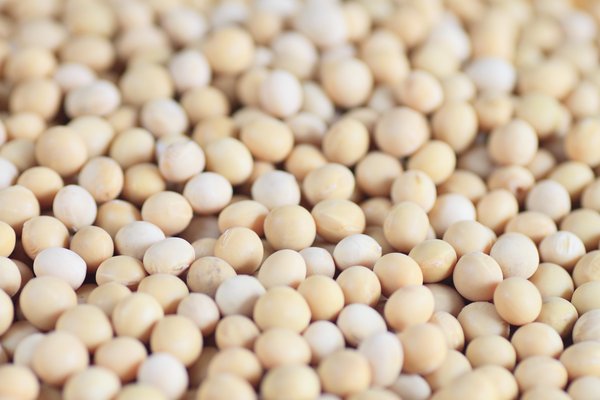Milk protein

Milk protein is a collective term for various proteins found in the milk of mammals. The best-known milk proteins include casein and whey. Milk protein is an important part of an infant's diet as it contains many essential amino acids that are necessary for growth and development. However, milk protein can also have benefits for adult dogs if fed in adequate amounts.
The benefits of milk protein for dogs
Milk protein has a high biological value, which means that it can be easily utilized by the dog's body. It provides energy and building blocks for the muscles, organs, skin and coat. It also supports the immune system as it contains antibodies and other antibodies. Milk protein can also have a calming effect on dogs suffering from stress or anxiety. This is because some milk proteins, such as casein, can be broken down into smaller peptides that bind to certain receptors in the brain, promoting the release of calming neurotransmitters such as serotonin. These peptides are also known as casozepines and are found naturally in breast milk. However, they can also be produced artificially and administered as a dietary supplement to relax dogs in stressful situations.
The disadvantages of milk protein for dogs
Milk protein is not suitable for all dogs. Some dogs cannot digest milk protein well or are allergic to it. This can lead to symptoms such as diarrhea, vomiting, flatulence or itching. In addition, too high an intake of milk protein can lead to an oversupply of calcium, which can increase the risk of urinary stones or bone problems. Therefore, milk protein should only ever be fed in moderation and should not be used as the sole source of protein. In addition, you should always make sure that the milk protein is of high quality and does not contain any harmful additives.
Milk protein can be a useful addition to a dog's diet if it is fed in appropriate amounts and there are no intolerances or allergies. It can promote the health and well-being of dogs by providing energy, amino acids and antibodies. It can also calm dogs in stressful situations by releasing casozepines. However, milk protein should only ever be considered as part of a balanced diet and not as a substitute for other protein sources or veterinary treatments.
If you notice any signs of hypersensitivity or poisoning in your dog, you should see your vet immediately. We are not a substitute for a vet, but we try to be as accurate as possible. Every dog reacts differently and we recommend you get a second opinion or consult your vet if in doubt.
Stay healthy and take good care of your four-legged friend!😊
Similar to Milk protein
The benefits of whey protein for dogs Whey protein has several positive effects on the health and well-being of dogs. Here are some of them: Whey protein supports muscle building and recovery after...
Casein is the main component of milk proteins and makes up about 80% of the total protein. It consists of several subgroups, of which alpha-S1 casein is the largest. Casein is dissolved from milk by...
Soy protein is the protein contained in soybeans. The soybean is a legume and originally comes from East Asia. There it has been used as a food for thousands of years. Various products are made from...
Pea protein has several advantages for dogs that make it an attractive ingredient. Firstly, pea protein is hypoallergenic, which means that it does not trigger allergic reactions. This is...



